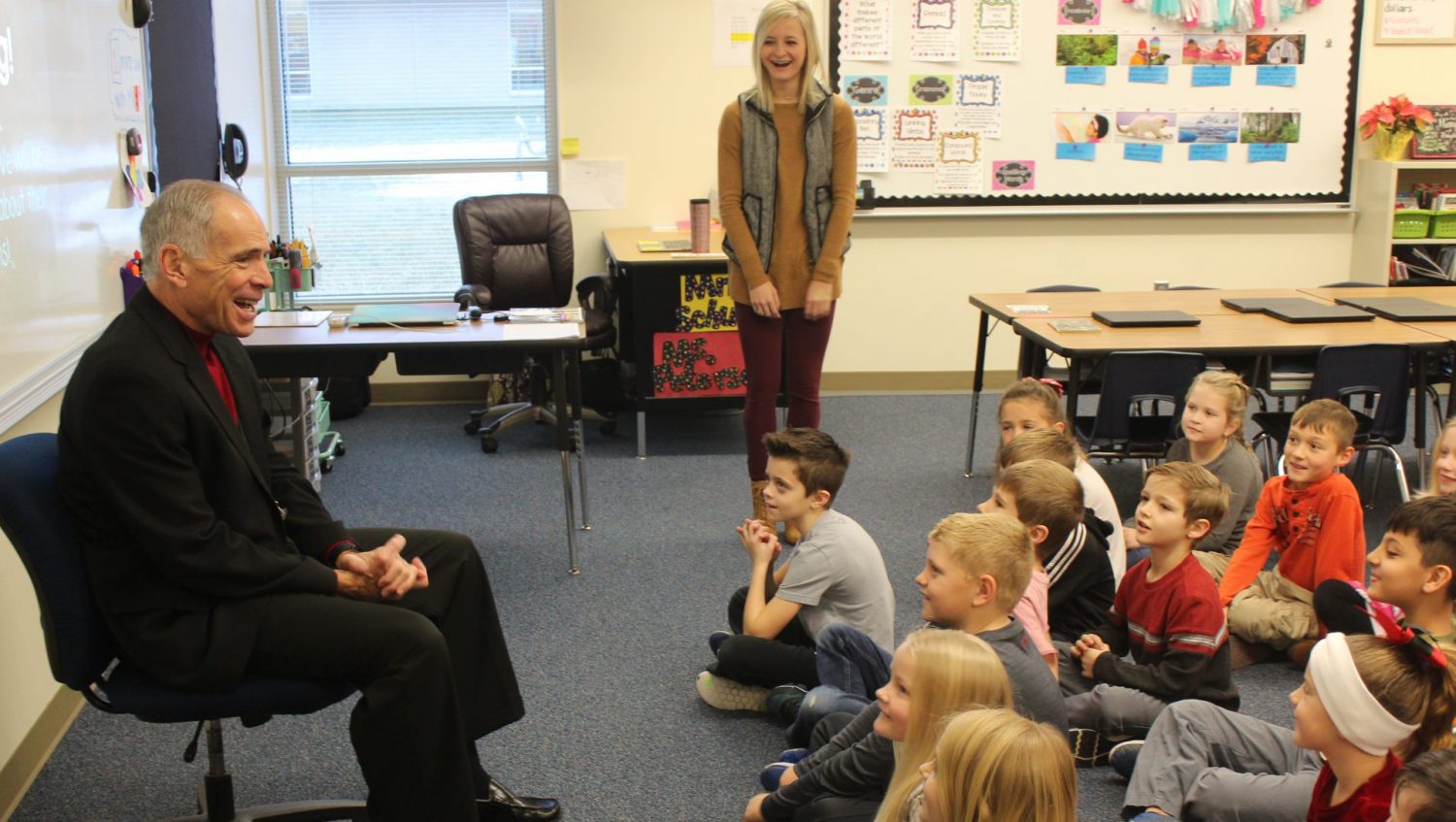The recent release of the student enrollment numbers at Lincoln Public Schools is a great sign of a vibrant and progressive community. While our increase was less than last year, it was greater than we projected. The change in kindergarten eligibility – from children born before Oct. 15 to those born before July 31 – eased our numbers this year. But we are already bracing for a much larger increase next year as our Lincoln Board of Education and administrative team plan for much needed space to accommodate the growth. This was driven home to me a couple weeks ago when we were driving around the southern and eastern part of the city (Pine Lake Road, and south from 48th to 84th streets) where there are plans for more than 10,000 new rooftops in the next decade or so.
Wow.
Meanwhile, as our numbers soar, we also must keep up with technology. Last week I attended another excellent meeting of the League of Innovative Schools where we were able to tour a couple schools that had converted to digital delivery of instruction. With Secretary of Education Arne Duncan recently challenging schools across the country to be rid of textbooks in the next few years, our League (made up of 28 superintendents along with numerous researchers and providers) gained a greater sense of urgency. Locally, our decision to purchase several thousand laptops for student use is one small step forward that will give LPS the ability to take all state assessments online. But there is much more to come as we continue to work to define the classroom of the 21st century – making me excited for the future of education.
On a more personal level, I continue to be bothered by the emphasis on politics driving education reform. While we can feel good about gains in student achievement, I believe the increased emphasis on a narrow version of assessment threatens to limit the ability of schools to offer a high-quality and well-rounded education. As we brace for another round of AYP designations, we must remember our school district emphasizes that our students should not be measured or defined by one single test. I expect that this cycle of teach and test, with little time for anything else, will be re-examined when our businesses begin to wonder why students lack important skills such as communication and collaboration.
I’ll close by citing the work of noted author Jamie Vollmer who, in his recent book Schools Cannot Do It Alone, compellingly argues that society has continued to rely more and more on public schools to fix students – yet has not provided resources to add one minute or one extra day to the school calendar. Something has to give….
Steve
